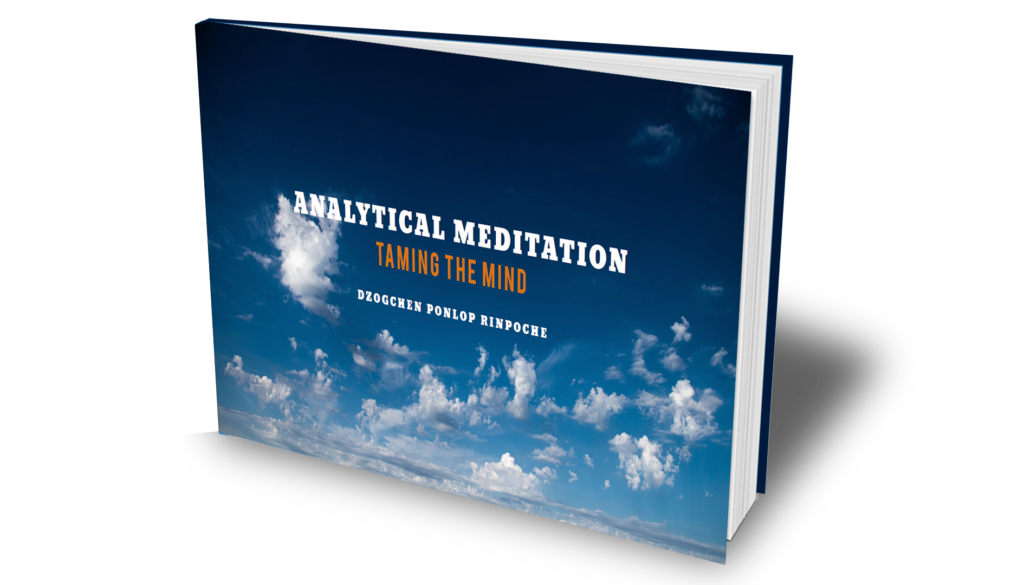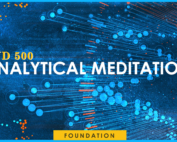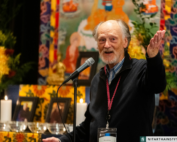Ancient Wisdom for the Modern Mind
At Nitartha Institute, students gain valuable experience in Buddhist studies by gradually progressing through the views of different Buddhist philosophical systems, as well as by training in meditation, analysis, and debate. These studies and trainings are offered online and in person through semester courses, the intensive Summer Institute, and Self-Paced Online Courses (SPOC). Nitartha also offers Tibetan language classes and courses in the Buddhist Science of Art.
Rooted in the traditions of the Nyingma and Kagyü lineages, Nitartha Institute courses are taught by highly renowned faculty: Dzogchen Ponlop Rinpoche, Acharya Lama Tenpa Gyaltsen, and several Western teachers including Dr. Karl Brunnhölzl, Dr. Phil Stanley, and many others. Attending Nitartha classes is an experience of precious moments of heart transmission between teacher and student.
What does “Nitartha” mean?
Nitartha is a Sanskrit word that means “definitive meaning”. The teachings of the Buddha can be divided into those of “provisional meaning” and those of “definitive meaning”. Understanding this division helps to clarify how the different teachings from scriptures that can seem contradictory when taken literally, are actually interpreted as being consistent. The definitive meaning is the true meaning, or the ultimate truth, while provisional teachings are taught as a temporary, skillful means of teaching in accordance with different stages and individuals on the path.
At Nitartha, everyday thought and speech, as well as movement of the body, can serve as tools for discovering this definitive meaning — the wisdom and spontaneous compassion of the buddhadharma.

Nitartha Newsletter
Sign up for our newsletter and receive a free eBook by Dzogchen Ponlop Rinpoche
Analytical Meditation: Taming the Mind.


